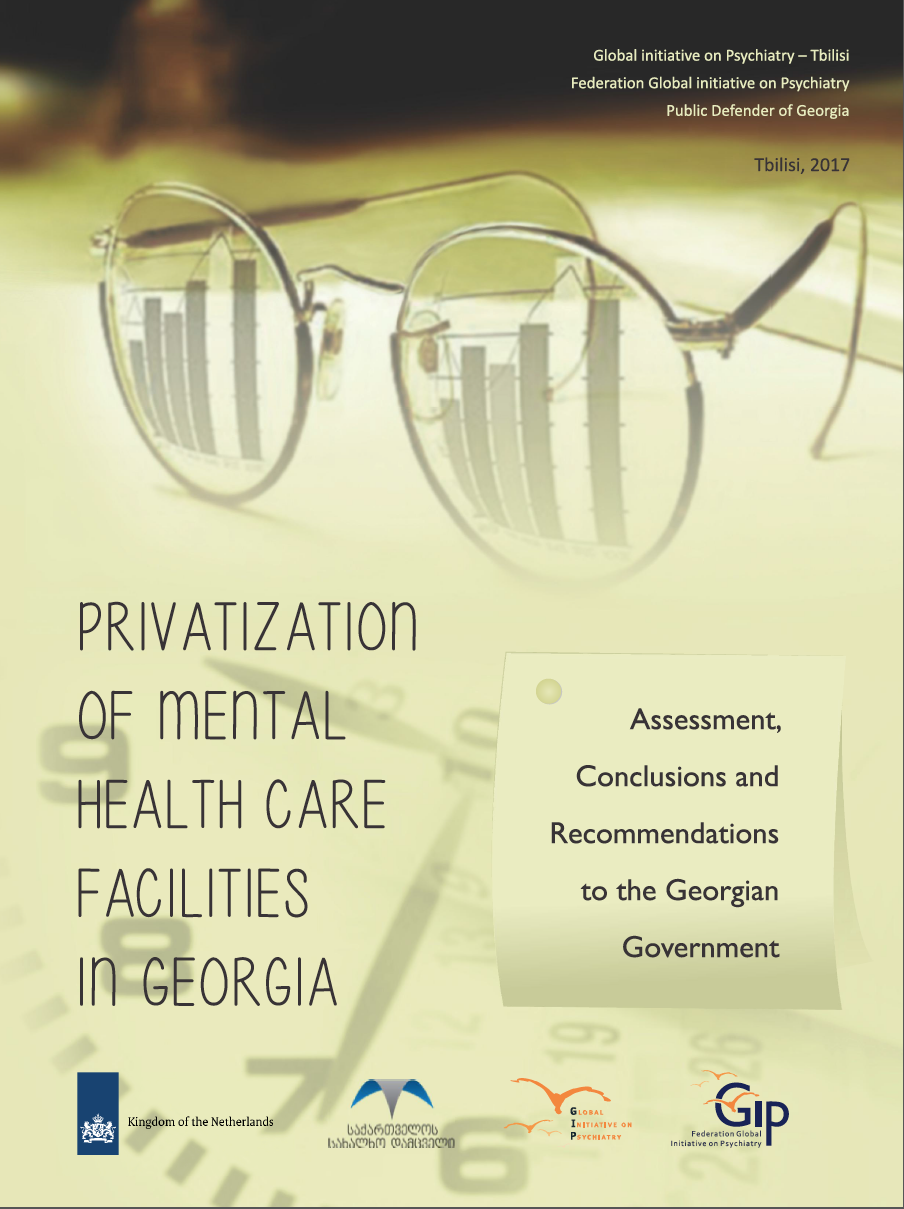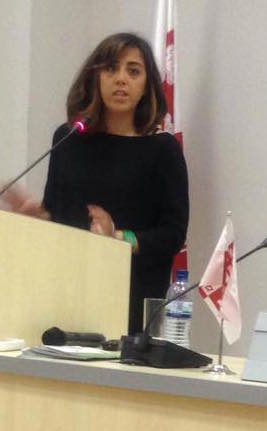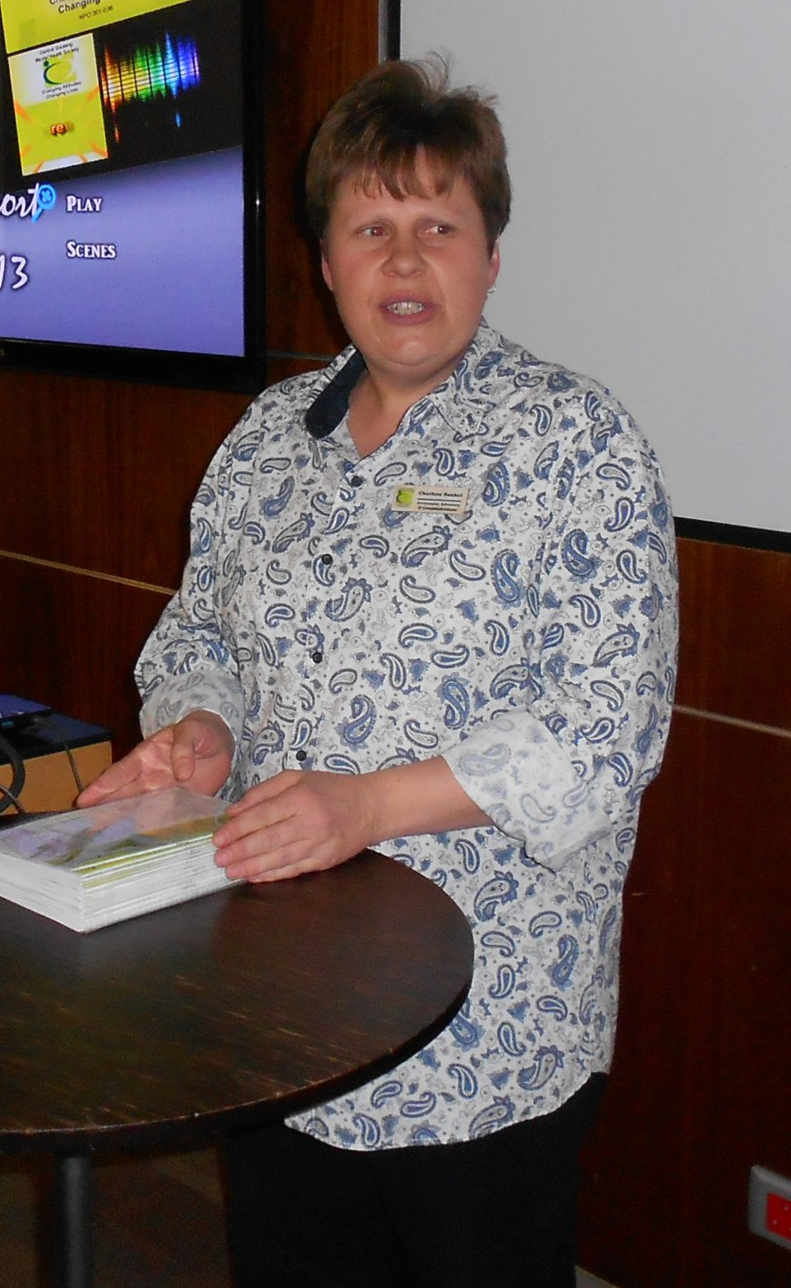Psychiatry 2023: Times of War and Political Repression


Read more
Mental Health Relief in Ukraine - May 2022-May 2023

The invasion of Ukraine on February 24, 2022 led to the biggest refugee crisis in Europe since the Second World War. The invasion brought unimaginable suffering for the Ukrainian population, tens of thousands of death among civilians and military, and...
Read more
Ukrainian-language psychological aid program “Samopomich”
In September 2020, immediately after the political crisis in Belarus began, FGIP started to build a digital health support platform for Belarus called...
Read more
The Ukrainian-language Samopomoch program
Starting the day after the invasion, we developed a Ukrainian-language psychological self-help program “Samopomich”, similar...
Read more
13th International Sakharov Conference: How to Win a Lasting Peace? Ukraine and the World After the Guns Fall Silent

Although it is clear the war in Ukraine is going to last, and is far from the “Blitzkrieg” that Russian leader Vladimir Putin envisaged, it is also certain that sooner or...
Read more
International Conference: Rethinking Mental Health Care
Service users and mental health professionals can both benefit from accessible and acceptable mental health services. But how to make sure services actually...
Read more
FGIP clips 2020-2022
In 2020, FGIP, together with the Ukrainian Psychiatric Association and the Lithuanian FGIP member Mental Health Perspectives, developed a special program to combat the social isolation of persons with mental health issues as a result of COVID-19. The campaign...
Read more
FGIP and Ukraine - a brief historical overview
The Global Initiative on Psychiatry (GIP; now officially: Human Rights in Mental Health-Federation Global Initiative on Psychiatry) is a Netherlands-based international NGO with the longest track record in mental health in Ukraine. Initially founded in 1980, it coordinated the international campaigns against the political abuse of psychiatry in the USSR, of which...
Read more
Psychiatry in Russia again a regular method of repression
The international foundation Human Rights in Psychiatry – FGIP (FGIP) has published a new report on the resumption of political abuse of psychiatry in the...
Read more
FGIP response to the 2020 Puras report
The United Nations Special Rapporteur on the Right of Everyone to the Enjoyment of the Highest Attainable Standard of Physical and Mental Health (UN Special Rapporteur) in...
Read more
Vegetable garden for a Ukrainian social care home
Imagine a drab institution where seven hundred women spend their lives in complete idleness. Hardly any contact with family, hardly ever outside the...
Read more
Covid and Mental Health in Georgia
Early evidence indicates increased mental health burden arising from COVID-19 and related control measures. The study aim was to examine concern about COVID-19 and its association with symptoms of mental disorders in the Republic of Georgia...
Read more
Call for Proposals
The Netherlands Helsinki Committee (NHC) and FGIP have launched a regional “COVID-19 Solidarity Programme 2020-2022: Call for Proposals...
Read more
Expert opinion on proposed change in Ukrainian mental health legislation
Legal changes have been suggested at the Ukrainian Parliament, the Verkhovna Rada, with regards to compulsory psychiatric treatment that severely infringe on...
Read more
The WPA and FGIP advise the Ukraine
On June 29, 2020, the World Psychiatric Association (WPA) and the Federation Global Initiative on Psychiatry (FGIP) issued a Mental Health Policy Brief with recommendations on...
Read more
Purchasing PPE for Ukraine

The COVID-19 pandemic has not passed Ukraine and although the figures are still lower than in some other countries, the pandemic...
Read more
FGIP starts a quarterly newsbulletin
The foundation Human Rights in Mental Health-FGIP will start in May 2020 a quarterly newsbulletin to update...
Read more
Transformation of social care homes in Ukraine
On Friday September 28, 2018 the international foundation “Human Rights in Mental Health-FGIP” presented a report on the social care home in Slovyansk and the Svyatoshinsky social care home in Kyiv...
Read more
Report on privatization of psychiatric services in Georgia published

More than twenty-five years after the collapse of the Soviet Union, much of the highly institutionalized and biologically oriented psychiatric service of the USSR is still in place, and resistance against the introduction of modern...
Read more
Call for applications: 2017 Jim Birley Scholarship

In November 2013, the Board of the Federation Global Initiative on Psychiatry decided to honor its late Past Chairman Dr. Jim Birley by instituting...
Read more
Brazilian mental health threatened
On 10 December 2015, on the World Day of Human Rights and after a big meeting of workers in mental health field who are responsible for coordination of programs...
Read more
Winners of the 2015 Jim Birley Scholarships


It is with great pleasure that the Netherlands-based international foundation “Human Rights in Mental Health-FGIP” announces the first winners of...
Read more
Call for applications for the Jim Birley Scholarship 2015

In November 2013, the Board of the Federation Global Initiative on Psychiatry decided to honor its late Past Chairman Dr. Jim Birley by instituting a scholarship focusing on issues that Dr. Birley was especially...
Read more
World Mental Health Day Tbilisi

Though lately the attitudes towards mental illness are slightly shifted to the right direction in Georgia, there is still a serious stigma attached to the mental health disorders and, specifically...
Read more
FGIP joins global movement to include mental health in MDG's
Human Right in Mental Health-FGIP announces today it joins to support the #FundaMentalSDG initiative to advocate adding clear, measurable mental health targets...
Read more
Ukrainian psychiatrists appeal for help to prevent political abuse of psychiatry
Appeal to the world psychiatric community
The history with the Ukrainian air force officer Nadezhda Savchenko has acquired a psychiatric aspect. Detained by Russian secret services on the territory of Ukraine, she was illegally transferred to Russia and by a decision...
Read more
DSM and ICD – two psychiatric classifications on the block - Peter Tyrer
What are these acronyms and are they of value to psychiatry? The answers to the first question are simple. DSM stands for Diagnostic and Statistical Manual for Mental Disorders...
Read more
Strategic alliance Human Rights in Mental Health - FGIP with Maudsley International

The organisations Maudsley International and Human Rights in Mental Health-FGIP (formerly the Federation Global Initiative on Psychiatry) have decided to engage in a strategic alliance in order...
Read more
Maidan Medical Fund for trauma care in Ukraine
Trauma and bereavement care in Ukraine
Over the past three months, the world has witnessed momentous events in Ukraine. What started as a protest by students in favor of an associate agreement with the European Union...
Read more
Jim Birley Scholarships
In honor of its late Past Chairman Dr. Jim L.T. Birley, the Board of the Federation Global Initiative on Psychiatry has decided to establish...
Read more
"Piece of Progress"
"Piece of Progress" prize is awarded to Nino Makhashvili, GIP-Tbilisi Director, for the contribution to the field of...
Read more













